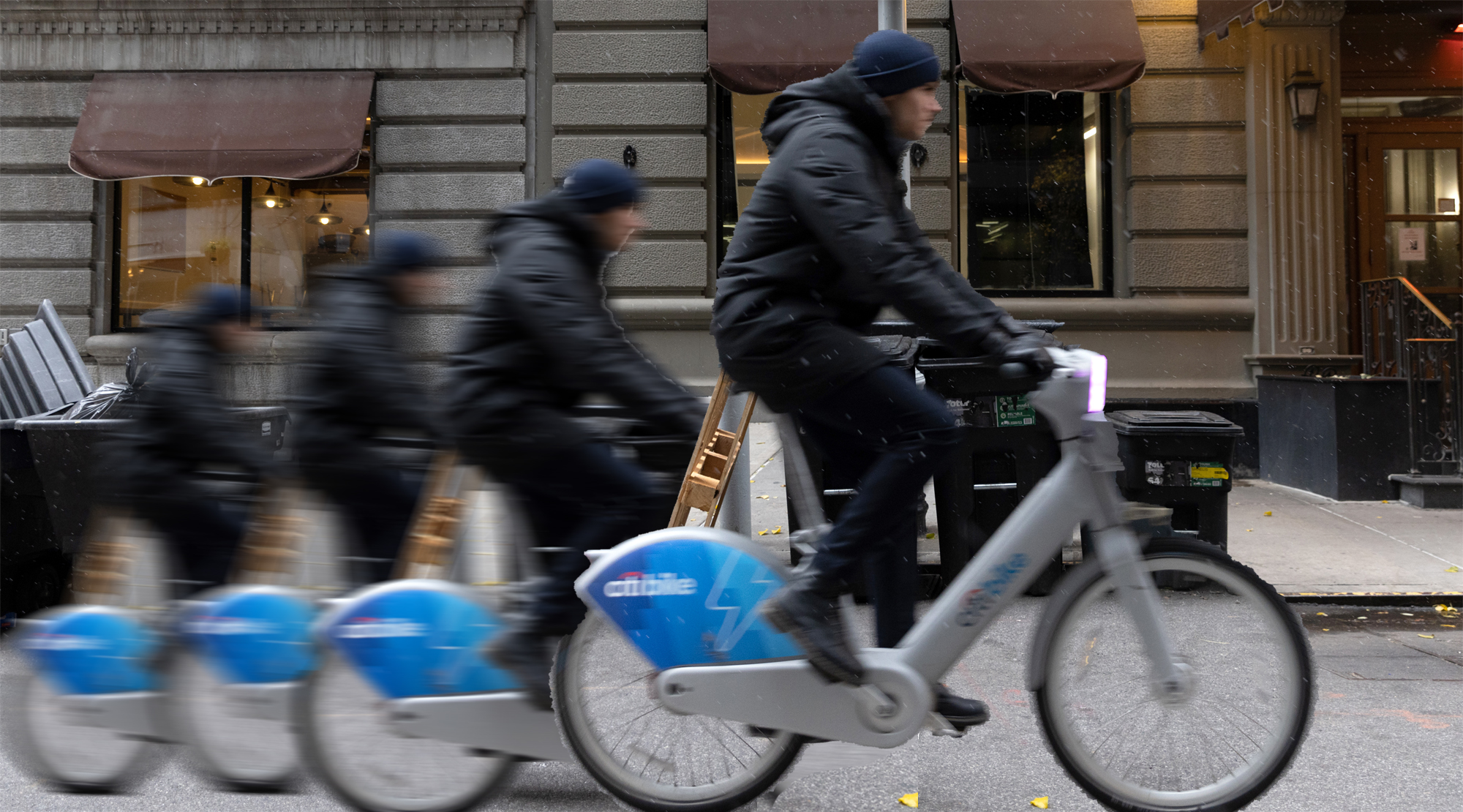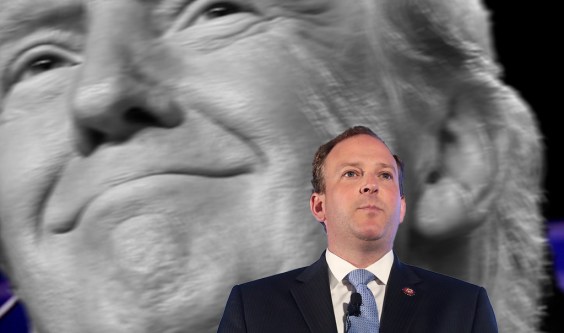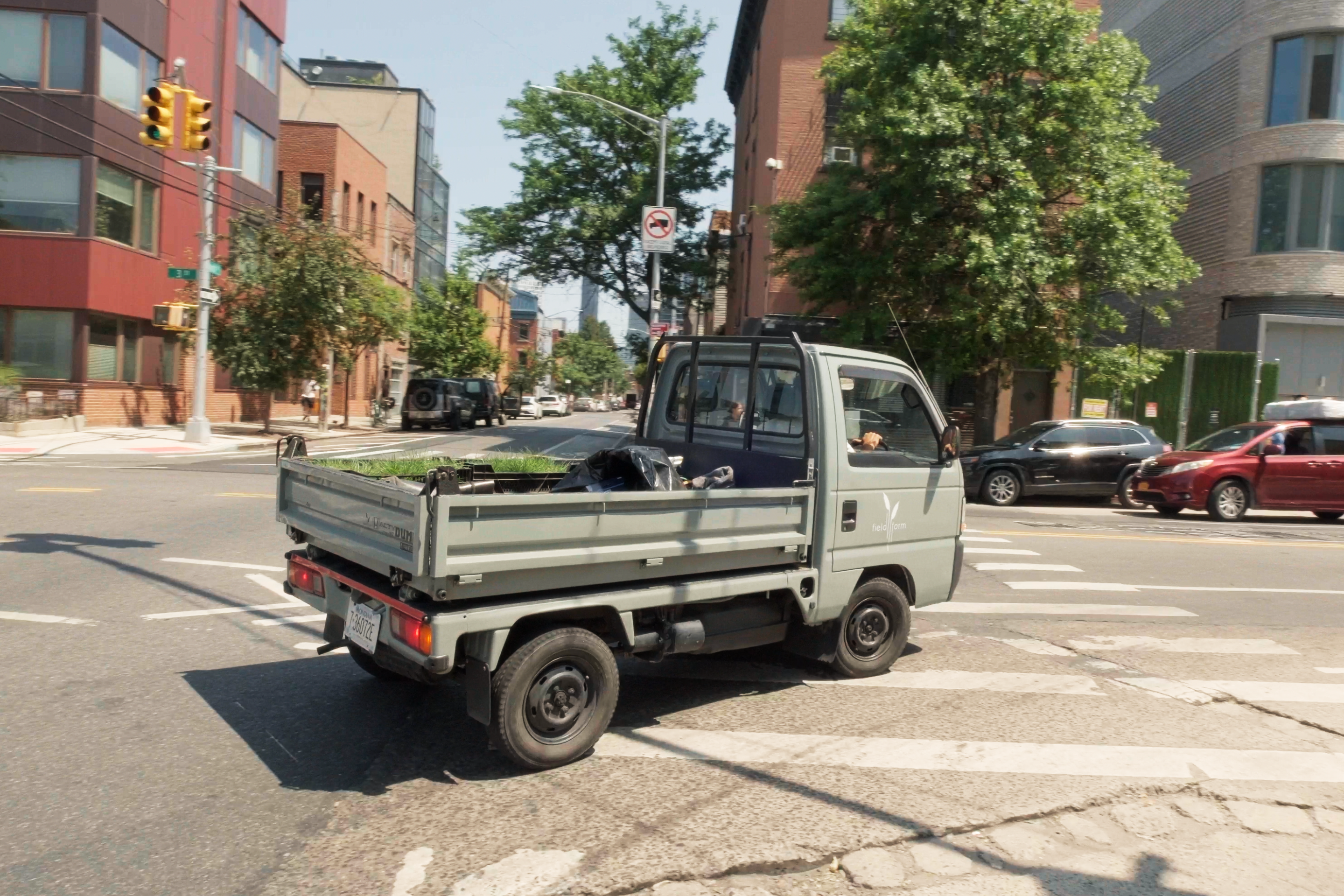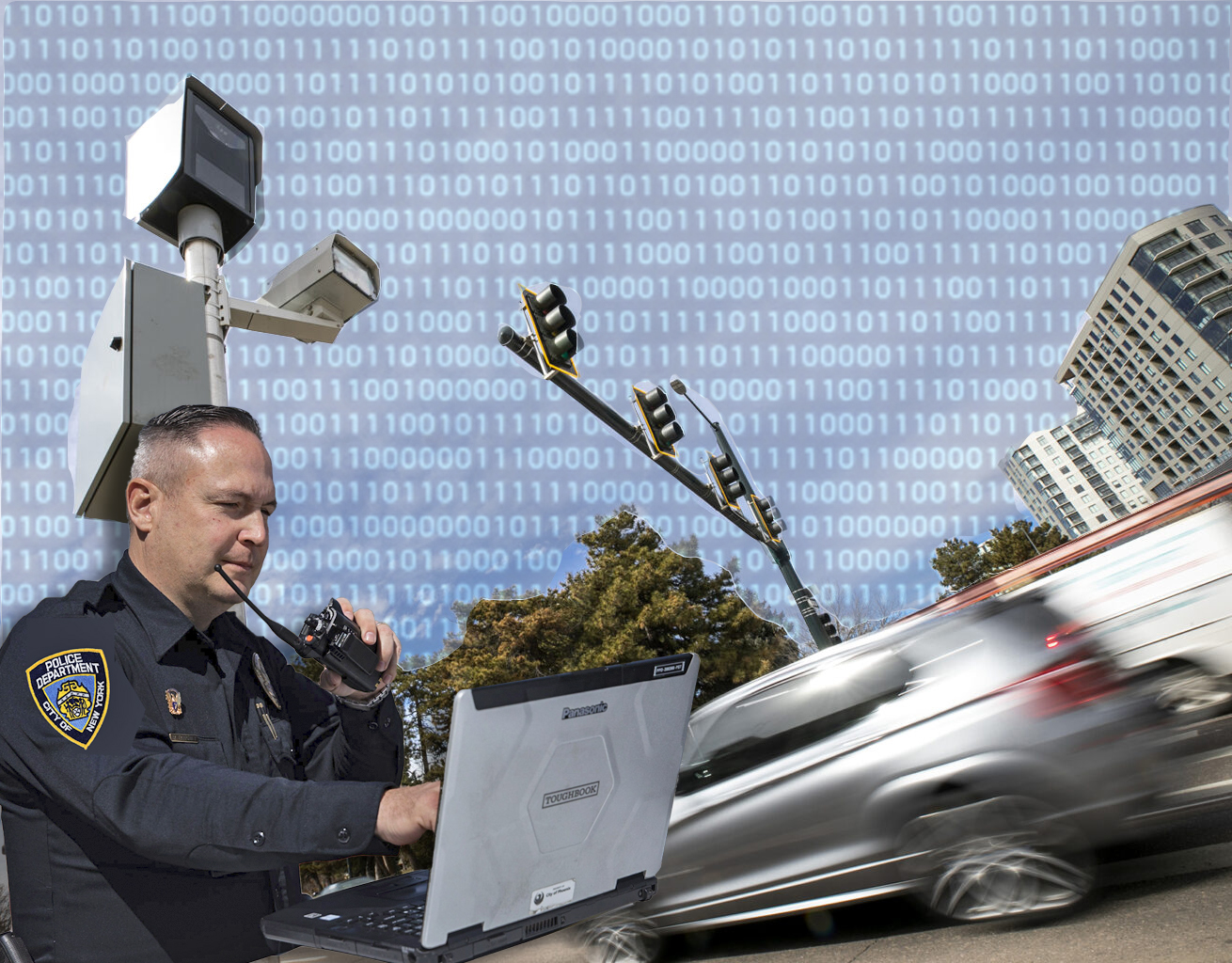When something goes wrong and people get hurt on a train, national transportation safety officials swoop in immediately to root out the source of risk and prevent future loss of life.
How surprising and refreshing to see them apply the same scrutiny to the road system as well. Network blog Systemic Failure is carrying a press release from that National Transportation Safety Board explaining the agency's decision to assume oversight of San Jose's streets:
WASHINGTON – The National Transportation Safety Board today issued two urgent safety recommendations calling for direct Federal safety oversight of San Jose’s streets and highways by the Federal Department of Transportation.
In its ongoing investigation, the NTSB examined the safety oversight for non-motorized users, including bicyclists, pedestrians, and wheelchair users. The NTSB found little improvement in San Jose’s safety culture since 2013, when pedestrian deaths hit a two-decade high.
Testimony at the hearing confirmed that the present oversight body, the bicycle advisory committee (BAC) relies on San Jose Public Works and/or City Council to respond to any safety concern, finding or recommendation. The BAC lacks the power to issue orders or levy fines and has no regulatory or enforcement authority.
“There is now a lack of independent safety oversight of San Jose streets and highways,’’ said NTSB Chairman Christopher A. Hart. “This is an unacceptable gap in system safety.”
Systemic Failure adds that NTSB has opened an investigation into the city of San Francisco "after reports surfaced that the Mayor was relying on his optometrist to provide expert traffic safety advice."
Elsewhere on the Network: Greater Greater Washington says if D.C. Metro needs to close certain rail lines for long periods of time for repairs or safety upgrades, the agency is going to need to pick up the slack with a lot of extra bus service. Plan Philly shares a map showing locations where a shocking number of school children have been struck by cars. And PubliCola reports that parking costs have been trimmed from Seattle's $50 billion transit expansion plan.






